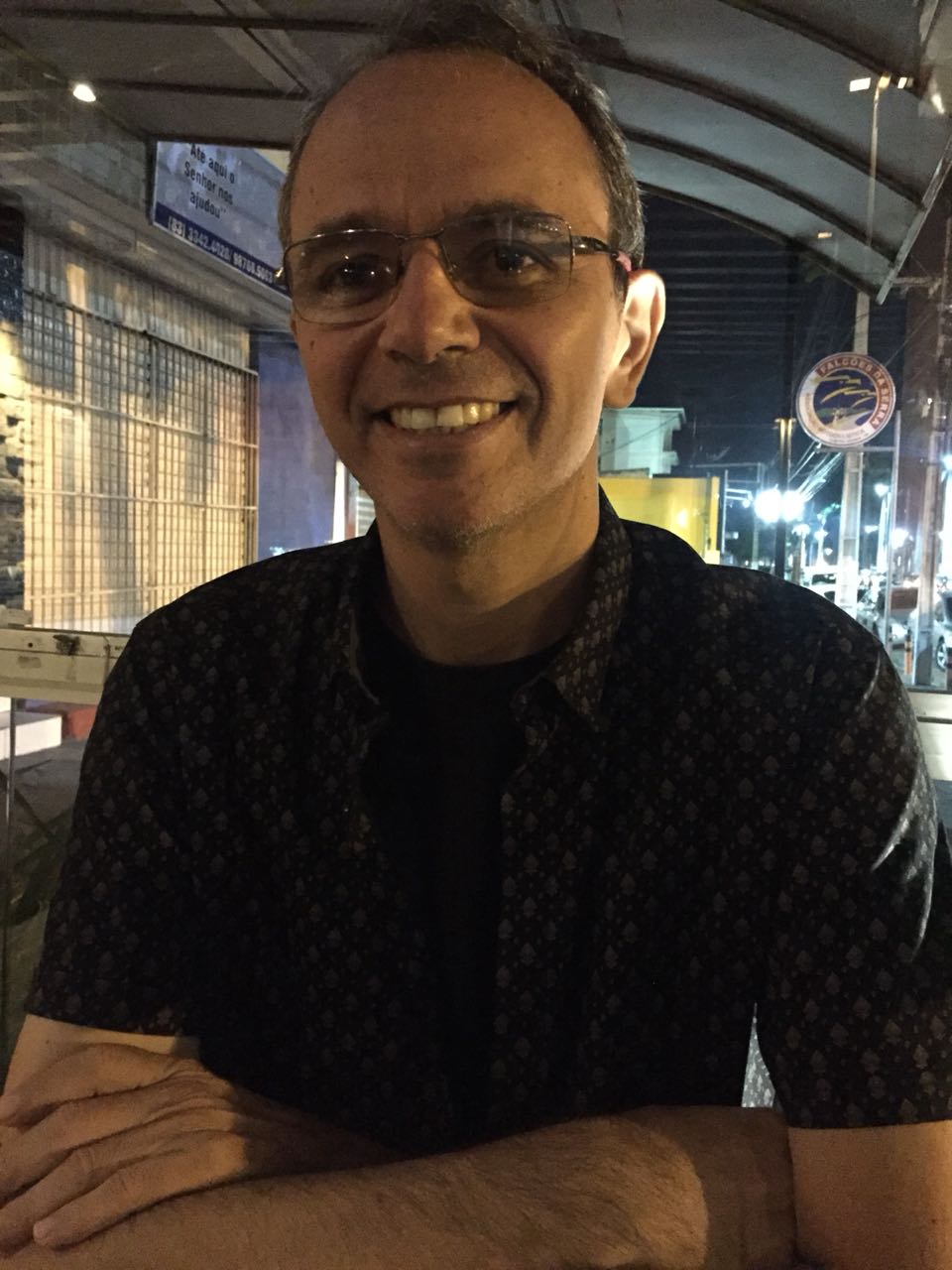The resolution and exploration of problem to prison education and diversity
DOI:
https://doi.org/10.46901/revistadadpu.i11.p207-224Keywords:
Education, Mathematics, Prison, Problem, NarrativeAbstract
The article presented is the result of the re-reading of chapter three of the research developed with students deprived of liberty, an experience that to approached, in their time, the mathematical education developed by the State University of Paraíba (UEPB) to prison education, its link was Narrative research. Therefore, it was possible to approach experienced professionals to the exploratory-problem solving while methodology itself conditions of prisoners deprivation of liberty. The resolution-exploration of problem as methodology presents as a strong basis to the educator working in that condition. Besides that, the research revealed approximations with other areas of knowledge in such a way as to strengthen arguments, even in a seemingly distant area such as Law. There are possibilities to base, based on fields of mathematical education, studies aimed at the populations of assisted. Although tangential, we might have been noted, constructs of education in prisons, the right to education, predicted internationally, in addition to quantitative elements that point out the scale of the problem, for example, the Brazilian population illiterate outside and inside the prisons.

Downloads
Published
How to Cite
Issue
Section
License

This work is licensed under a Creative Commons Attribution-NonCommercial 4.0 International License.
A. Authors retain the copyright and grant the journal the right of first publication;
B. Authors are authorized to take additional contracts separately, for non-exclusive distribution of the version of the work published in this journal (e.g.: publishing in an institutional repository or as a book chapter), with recognition of authorship and initial publication in this journal;
C. Authors are allowed and encouraged to publish and distribute their work online (e.g.: in institutional repositories or on their personal page) at any point before or during the editorial process, since this can generate productive changes, as well as increase the impact and citation of the published work.















.jpg)

